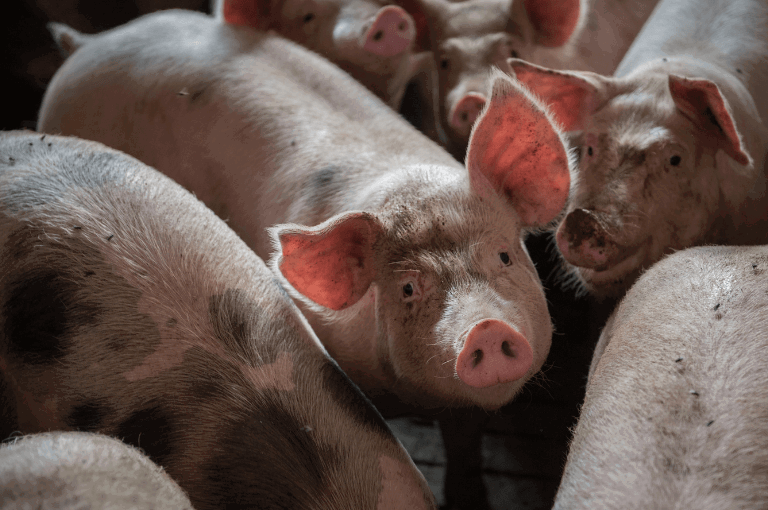8/25/2021
The last half decade has brought forth significant change in how we think about cage-free eggs. From the market to retail spaces to legislatures across the country, base-line methods for egg production are shifting from caged to cage-free production. One place where we’re seeing this change unfold is in the state-level Approved Foods Lists for Special Supplemental Nutrition Programs for Women, Infants and Children (WIC).
Today, California becomes the 18th state to lead the way in approving cage-free eggs within its WIC program. Decisions like these ensure that all people have access to compassionate food choices, regardless of their individual economic circumstances.
Earlier this year, both the Oregon and Colorado WIC programs also embraced the cage-free movement, resulting in more compassionate egg options for a combined 185,000+ consumers. Today, in a significant expansion of choice for so many families, California adds another 1.4 million people to that list!
In 2020, Compassion USA initiated dialogue with these states, as well as presented at the National WIC Association Nutrition and Breastfeeding Conference, because these changes to WIC-eligible egg categories are critical to enable an industry-wide shift to cage-free eggs. With over 200 major food businesses having already committed to source and sell exclusively cage-free eggs by 2025, including household names like Walmart, Target, and Kroger, the allowance of cage-free eggs in WIC means they can meet commitments while still serving their WIC clients. Eight state legislatures have already followed suit, writing similar policies into law.
But the fight for a cage-free future that’s inclusive to all marches on. As it stands, only 19 states authorize cage-free eggs in their WIC programs—as well as 6 territories and 34 tribal governing bodies. (See our Cage-free Eggs & WIC Tracker spreadsheet.)
Compassion USA is committed to and already undertaking the work of dismantling this regulatory barrier to participation in, and progress towards, a more compassionate food system by working alongside retailers and the WIC program to expand access to cage-free eggs.
